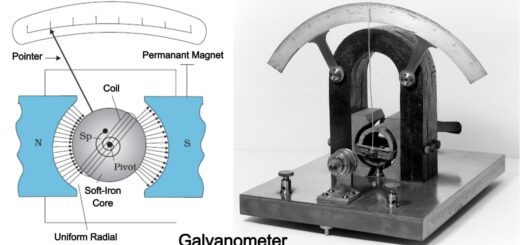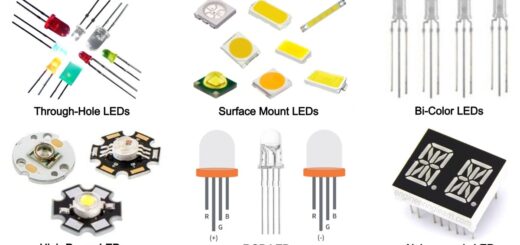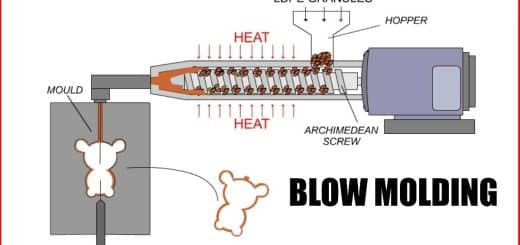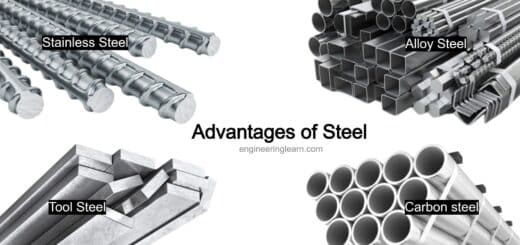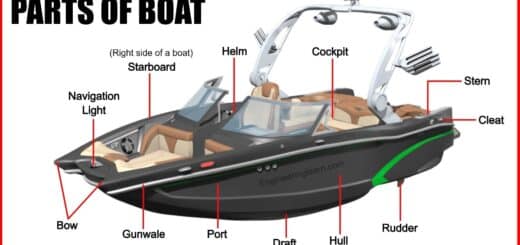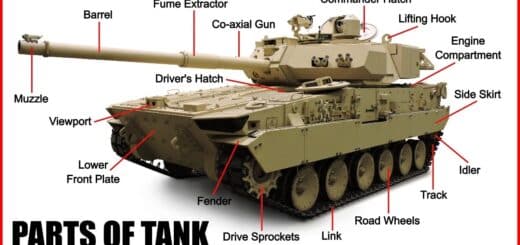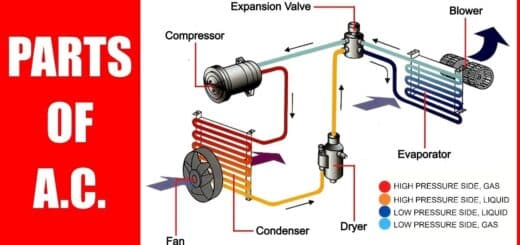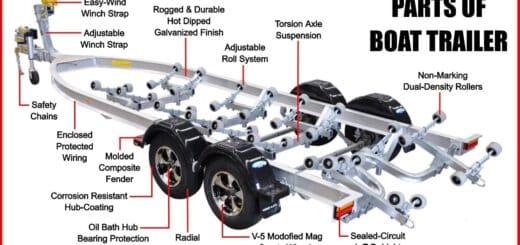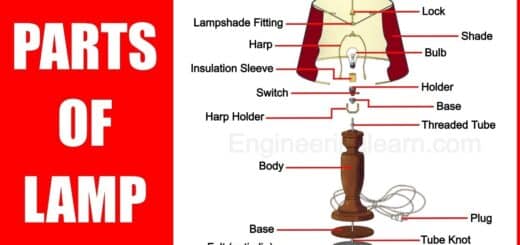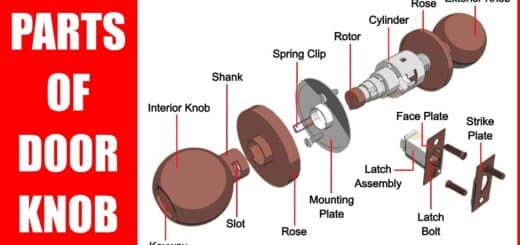22 Types of Electrical Tools and Their Uses [with Pictures & Names]
![22 Types of Electrical Tools and Their Uses [with Pictures & Names]](https://engineeringlearn.com/wp-content/uploads/2022/12/Electrical-Tools-1024x539.jpg)
Introduction
Types of Electrical Tools and Their Uses [with Pictures & Names]: – Electricians need specialist tools to take care of their business really and securely, so their toolbox ought to incorporate a scope of substantial, protected hand devices and high-tech tools they can utilize any place their work takes them. Beyond the practical tools expected to go about their business, there are additional software tools accessible to help electrical project workers manage their business and shuffle the regular requests of accepting calls, planning appointments, dispatching specialists to occupations, and showcasing the business.
Benefits of Electrical Tools
1. Better Performance
Frequently, Electrical tools can perform tasks that are unimaginable for hand tools to complete. For instance, Electrical tools make it conceivable to work with rigid materials like metals or cement. Some electrical tools have a specialized design intended to serve profoundly unambiguous capabilities or work with specific materials. Numerous electrical tools have a range of adjustable settings to empower better control for more elaborate tasks. At last, Electric tools carry out similar roles as hand tools with significantly less exertion and energy, leaving you with more energy toward the day’s end.
2. Accuracy and Precision
Sometimes you need to be a precise and integral tool to make a hole in a length of wood at the right point or to drill a hole in a slab of concrete at precisely the perfect depth. With more noteworthy power, consistency, and flexibility, electric tools can perform tasks with greater accuracy. Table saws, for example, let you accomplish a smooth, straight cut at exactly the point you want, in any event, while working with extreme materials. It’s likewise conceivable to transport a table saw to a work site when the work requires a high volume of cutting. For a more compact and flexible option, look at handheld electric saws.
These tools consolidate power with accuracy and permit you to perform fine-detail work even in cramped spaces. Power sanders specifically offer exceptionally precise outcomes that would take inconceivable persistence and stamina to accomplish manually.
3. Speed and Efficiency
Electric power tools may, at last, deliver better results than hand tools, however, they likewise complete similar tasks in fundamentally less time. Look at that as a power drill can finish a task in minutes that might take you hours with a manual hammer and nails. Some electrical tools even incorporate features that diminish human error, giving consistency and proficiency that helps speed up projects. For instance, a few drills accompany a clutch feature that helps prevent stripping of screws, which saves the time necessary to supplant them. With tools that perform quicker, you can give a greater amount of your focus on significant tasks and gain more progress in a similar measure of time.
4. Convenience and Accommodation
At the point when assembled, the many characteristics of electric tools effectively give a basic product: comfort. A large percentage of electrical tools are versatile, which allows you to transport them to any place of work. Handheld electric tools are adaptable and perform well in difficult to-arrive spots, making jobs in cramped spaces a lot more straightforward. With a tool that performs tasks rapidly and unequivocally, you can conserve significant time and energy toward the following undertaking, accomplishing more in a short measure of time. Electric power tools are a superb expansion to work areas like carports, and they offer a faster, cleaner and less inconvenient choice to hand tools and permit you to complete similar jobs with less mess and less problem.
Types of Electrical Tools and Equipment
1. Pliers: ( Types of Electrical Tools )
Most frequently referred to as cutting pliers or lineman’s pliers are a staple on any electrical technician’s tool kit. They are primarily utilized for cutting wire, or gripping, twisting, bending, or fixing wires. Any prepared electrician stocks a variety of pliers in their tool kit or truck, including long nose pliers/long nose forceps, side-cutting pincers, and reaming forceps for fixing locknuts, fittings, and caps. Klein Tools, for instance, manufactures a popular and trusted line of pliers focused on electrical applications.
2. Screwdrivers: ( Types of Electrical Tools )
Electrical experts utilize different top-notch insulated screwdrivers, or a screwdriver set, one more toolbox necessity for loosening and fastening various pieces of hardware. Many experts presently convey ergonomic wrench screwdrivers with exchangeable bits, so they’re never stuck without a proper electrical maintenance tool.
3. Tape Measure: ( Types of Electrical Tools )
While working with wiring, it’s crucial to know definite measurements while cutting and stripping. A simple retractable measuring tape gets the job done, yet available models with magnetic tips, multi-step locks, and different features make this process easier.
4. Electrical Tape: ( Types of Electrical Tools )
It is made from plastic, vinyl, or fiberglass fabric, this sticky material is pressure-sensitive and essential for insulating wires or different materials that conduct electricity. The electrical tape keeps the electrical flow from accidentally passing to different wires, and conceivable electric shock while passing to other wires, possible electric shock while touching live wires.
5. Cable Ties: ( Types of Electrical Tools )
They are also known as zip ties; these inexpensive fasteners are fundamental tools for binding electrical cables or wires together. You can Keep your electrical space flawless and organized with cable ties.
6. Electric Drills: ( Types of Electrical Tools )
Electrical technicians consistently put in new lighting fixtures or need to dismantle installed hardware to access wiring and other electrical parts. A handheld electric drill with different bits helps speed up these undertakings and allows experts to fasten specialty drills (like the reaming bit) for industry-specific purposes.
7. Wire/Cable Lugs: ( Types of Electrical Tools )
This electrical tool is similar to features utilized on jumper cables and vehicle batteries, wire, and cable lugs connect wires to appliances, cables, and different gadgets needing power.
8. Coax Connector: ( Types of Electrical Tools )
Coax connectors interface cables to devices, while at the same time safeguarding the cable from shredding. Various connectors exist and keeping a variety on hand ensures you generally address your clients’ issues.
9. Level: ( Types of Electrical Tools )
While installing light fixtures, it is critical to track down precise points for placement. An electrical tools list is incomplete without a standard level, as it assists electrical technicians to ensure fixtures, screws, and are placed exactly where they need to be.
10. Wire Strippers: ( Types of Electrical Tools )
Wire Stripper – Proficient electrical experts consistently take the plastic sheathing from wires to expose the copper and make altered associations with other wiring or parts. Wire stripping devices arrive in various models and types. Wire stripping devices come in various models and types.
11. Fish Tape: ( Types of Electrical Tools )
The Fish tape is one of numerous well-known electrical technician devices. It’s utilized to run wiring between-group boxes (or other electrical parts) through conductor channeling. The Fish tape is housed in a retractable curl and can be taken care of through installed conduit piping. When the end of the fish tape appears on the contrary side, wiring can be hoked to the tape and the tape can be withdrawn pulling the wire along the channel.
12. Fishing Rods: ( Types of Electrical Tools )
Fishing rods are essential electrical expert tools when installing wire through walls, underneath rugs, or above roofs. Rods are typically fiberglass and include hooks on the end for simple moving.
13. Voltage Tester: ( Types of Electrical Tools )
To securely perform electrical work, electrical power should be removed in key sections of the property (ordinarily through the electrical switch). A handheld voltage tester permits electrical technicians to test the source for power, so they know when they’re safe to work on. Electricians additionally utilizes this tool to confirm power has been reestablished.
On the other hand, non-contact voltage testers can be utilized to detect a limited quantity of current and light up when they identify one, without really contacting any surface or wiring.
14. Terminal Block: ( Types of Electrical Tools )
These modular, insulated devices help electrical experts while grouping multiple wires together. They’re utilized to interface wiring to ground or connect electrical switches and outlets to mains.
15. Conduit Bender: ( Types of Electrical Tools )
While determining a wiring route, electrical experts frequently run wiring along the corner of the wall or in other for the most part hidden areas. Conduit Benders are electrical technician tools used to curve conduit piping to accommodate these routes and ensure the conduits remain non-intrusive and effectively positioned in the customer’s home.
16. Reaming Bit: ( Types of Electrical Tools )
Installing new conduits (or supplanting old ones) implies connecting various sections of piping together to create a wiring route between electrical parts. A reaming bit attaches to an electric drill and widens the opening toward one end of the piping, allowing it to interface with one more piping and complete a secure conduit.
17. Splicing Connector: ( Types of Electrical Tools )
These plastic clips assist electricians to make quick connections with various bits of wire. They can be utilized with multiple cables, including device wires, telephone cables, and electrical cables, telephone cables, and electrical cables.
18. Flashlights: ( Types of Electrical Tools )
For an electrical technician, working in the dark is a potential danger. Keep essential electrician tools like flashlights and other different work lights within reach.
19. Safety Glasses: ( Types of Electrical Tools )
Electricians need to safeguard their eyes while closely examining electrical wiring, when they cut wire, or when they operate power tools. Disciples and seasoned veterans alike need a pair of safety glasses close by at each place of work, as a feature of their essential electrical tools.
20. Rescue Rod/Hook: ( Types of Electrical Tools )
Rescue Rods (or hooks) are utilized to eliminate large items or unconscious individuals who have been electrocuted from a hazardous area. Because of perilous electrical current might in any case be live, emergency specialists on call should utilize the rescue rod to pull a victim away from the electrical source without getting electrocuted themselves.
21. Circuit Analyzers: ( Types of Electrical Tools )
Circuit analyzers, a digital handheld electrical technician tool, provide virtually instant information about the circuit associated with a singular outlet. Like a flash, these electrical support tools measure voltage, extremity, line voltage, inversions, and more.
22. Circuit Finders: ( Types of Electrical Tools )
Electrical experts frequently find it difficult to know which outlets are connected to which circuits in a house. Present-day electrical experts use circuit finders with two principal parts integrated into the device. A handheld digital transmitter and a little receiver that plugs outlets around the home. At the point when an electrical expert holds up the transmitter to circuits in the breaker, the gadget sends a signal to the receiver to indicate which circuit the power source belongs to.
Conclusion
Electrical tools offer a wide range of advantages and are a fantastic decision for any project ― big or small. They let you do more specific tasks and work with a wide variety of materials. These tools offer immovable consistency and produce profoundly precise outcomes. At last, they carry out similar roles as hand tools with impressively more productivity and less effort. The advantage of utilizing Electrical tools means you can handle practically any DIY project easily.
Content Source: – servicetitan, bestbuy

